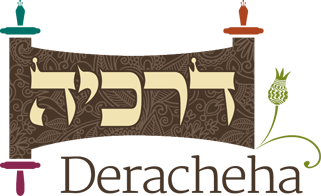| ♥ 0 |
My husband’s a firstborn and I have a firstborn son. For the record, I’m a firstborn myself. Do I need to fast on Ta’anit Bechorot?
Marked as spam
|
|
Private answer
Ta’anit Bechorot, the fast of the firstborns on erev Pesach, is mentioned in Masechet Soferim (21:1) and in Talmud Yerushalmi (10:1). It is observed in commemoration of the salvation of the Jewish firstborns when all the Egyptian firstborns were killed in the tenth plague (Tur OC 470). In general, the fast is treated with great leniency, and many have the custom of making a siyyum or otherwise participating in a seudat mitzva (eg a a berit mila) in lieu of fasting (Mishna Berura 470:10). There’s actually a difference of opinion regarding whether a female firstborn should fast:
There is also a widespread custom for a father of a firstborn son to fast on his son’s behalf, from when the son is thirty days of age until he reaches bar mitzva (Rema 470:2). Just as in Egypt the firstborn children bore God’s wrath towards their parents, so should Jewish parents fast to acknowledge that their children were spared (Gera ad loc). In theory, for those whose practice it is for a female firstborn to fast, a father would also observe ta’anit bechorot on behalf of his daughter, but this seems not to be in practice. When a woman’s firstborn is a son and the father will not be fasting solely on his son’s behalf (because he himself is a firstborn or for some other reason), there is debate as to whether the mother should fast on her son’s behalf.
When Erev Pesach falls on Shabbat, that, too, has an effect. Though the fast is typically observed in this case on Thursday, some say that it need not be observed at all (Shulchan Aruch 470:2). Given that the fast is moved, given that its status is in doubt, and given that we treat this fast leniently, Rav Ovadya Yosef (Yechaveh Da’at 1:91) has ruled that: (1) A woman does not fast for herself in this instance and (2) a father does not fast on behalf of his son in this instance. It follows that a woman need not fast on behalf of her son in this instance either. I.e., according to Rav Yosef, a woman need not make an effort to attend a siyyum when erev Pesach falls out on Shabbat. See more Q&A here. Marked as spam
|

